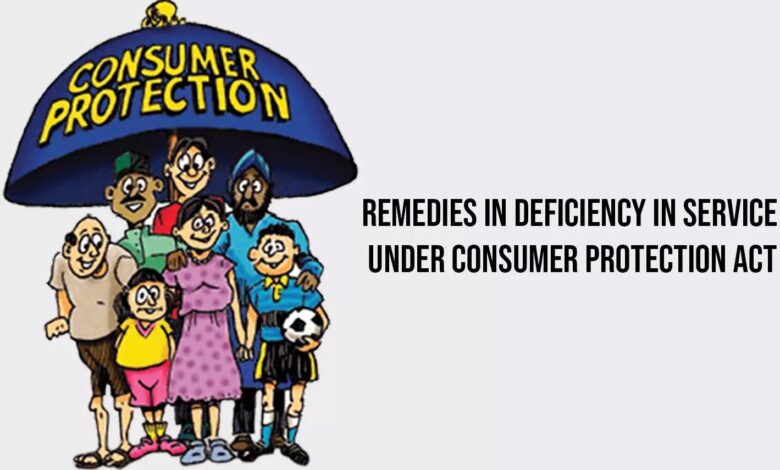The Importance of consumer protection policies in Politics and the Economy

In today’s rapidly growing economy, consumer protection policies play a vital role in ensuring a fair and transparent marketplace for both businesses and consumers. These policies protect consumers from fraudulent activities, price discrimination, and unsafe products, among other things. They also help businesses by promoting a level playing field and ensuring fair competition. This article explores the significance of consumer protection policies in politics and the economy and how they help to safeguard consumers’ interests.
Introduction
In the early days of capitalism, businesses operating with little to no regulation. Companies could market their products using false advertising, sell dangerous products, and take advantage of their customers by charging exorbitant prices. The government’s intervention was necessary to create a fair and safe marketplace. Consumer protection policies were enacted to ensure that businesses conduct themselves in a manner that doesn’t harm consumers.
What are Consumer Protection Policies?
Consumer protection policies are regulations and laws created to safeguard the rights and interests of consumers. These policies come in different forms, such as product safety regulations, anti-fraud measures, and price controls. They aim to protect consumers from financial losses, physical harm, and fraudulent activities by companies.
The Importance of Consumer Protection Policies
Consumer protection policies are essential for a well-functioning economy. They promote trust and transparency in the marketplace, which helps to increase consumer confidence in businesses. When consumers trust businesses, they are more likely to spend money, which drives economic growth. Moreover, consumer protection policies also benefit businesses by ensuring fair competition, thereby preventing larger firms from abusing their market power.
Consumer Protection Policies and Politics
Consumer protection policies have a strong political component. Governments implement these policies to fulfill their responsibility to protect the welfare of their citizens. Therefore, politicians play a crucial role in the creation and implementation of these policies. Policies can be made at the federal or state level. For instance, the Consumer Product Safety Commission (CPSC) is a federal agency tasked with protecting consumers from dangerous products. The Federal Trade Commission (FTC) is another federal agency that enforces laws preventing fraudulent activities by businesses.
How Consumer Protection Policies Affect Businesses
Consumer protection policies can impact businesses in various ways. For instance, price controls can reduce profit margins for businesses, while product safety regulations can increase the cost of production. However, businesses also benefit from consumer protection policies as they promote fair competition. This ensures that smaller firms are not unfairly squeezed out of the market by larger firms.
Examples of Consumer Protection Policies
There are many examples of consumer protection policies implemented by governments worldwide. Some of these include:
- Product safety regulations: These regulations require businesses to ensure their products are safe for consumers. They include testing requirements, warning labels, and age restrictions.
- Anti-fraud measures: These measures are designed to prevent fraudulent activities by businesses. They include false advertising regulations, credit card fraud protection, and data privacy laws.
- Price controls: These regulations aim to prevent price discrimination and price gouging by businesses. They include minimum wage laws, rent control, and price-fixing regulations.
The Role of Consumers in Consumer Protection Policies
Consumers also play a significant role in promoting consumer protection policies. Consumer activism can bring about positive changes in the marketplace. Through boycotts, petitions, and social media campaigns, consumers can influence businesses to adopt ethical practices and support the creation of consumer protection policies.
Conclusion
In conclusion, consumer protection policies are essential for a fair and transparent marketplace. They protect consumers from fraudulent activities, unsafe products, and price discrimination. They also promote fair competition and ensure businesses conduct themselves in an ethical manner. Therefore, it is essential for governments to create and enforce these policies to safeguard consumers’ interests and promote economic growth.



